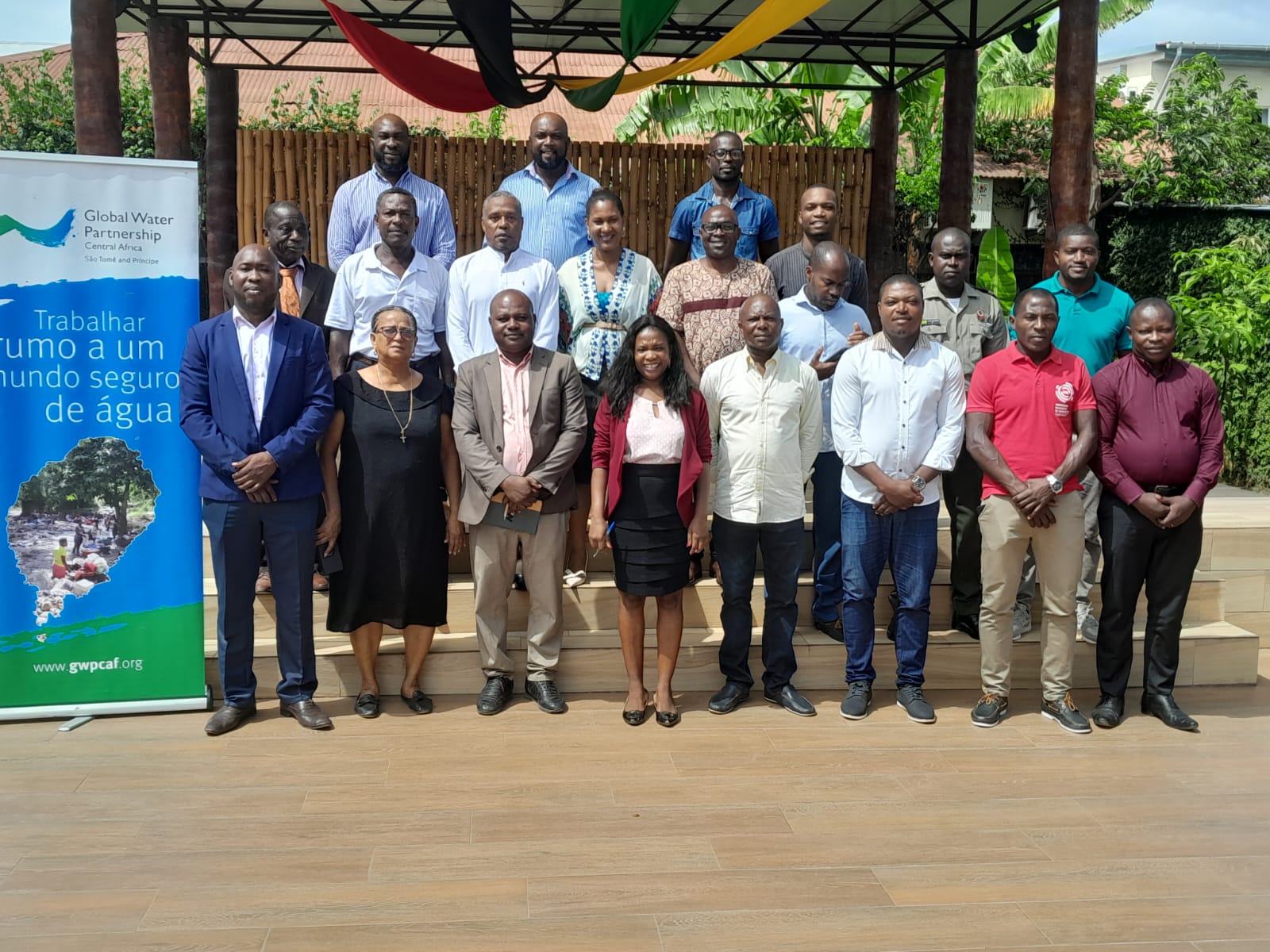The monitoring of SDG 6.5.1 is done triennially globally by assessing the four key components of IWRM: Enabling environment, Institutions and participation, Management instruments, and Financing. The evaluation process considers various water uses and users to promote positive social, economic, and environmental impacts at all levels, including the transboundary level. By monitoring progress in the implementation of IWRM, countries analyze what has been done in the past three years and define solutions or recommendations to address identified gaps hindering the achievement of SDG 6 by 2030.
With the technical and financial support of the Global Water Partnership Organization (GWPO) as part of its SDG 6 IWRM Support Programme, GWP-Central Africa, in collaboration with its Country Water Partnerships (CWPs), accompanied the Ministry in charge of water in these six central African countries throughout the process of reporting on SDG 6.5.1.
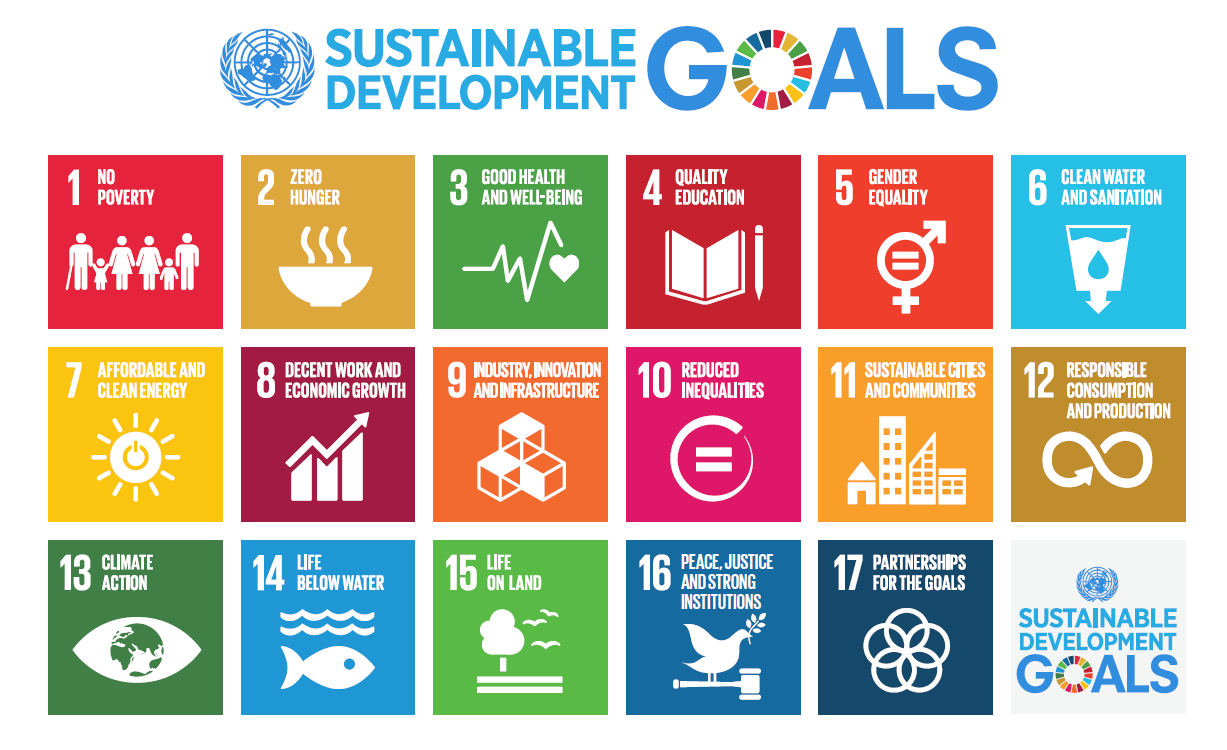
This process kicked off with an expression of interest from each country to be supported by GWP, the designation of an SDG 6.5.1 country focal point, the institutionalization of a task force in charge of collecting preliminary data for the first draft of the SDG 6.5.1 report, a national multi-stakeholder consultation, and finally, the submission of the country report to the United Nations Environment Program (UNEP), custodian of SDG 6. The data on SDG 6.5.1 is collected through a questionnaire, and responses are consolidated during the national consultation with relevant stakeholders, such as government institutions involved in water resources management, CSOs, NGOs, academia, and the private sector.
In Central Africa, stakeholder consultations kicked off in Sao Tome and Principe on September 22 nd, 2023, and ended on October 9th, 2023, with the final national workshop in Chad.
Sao Tome and Principe
Led by the Directorate General for Natural Resources and Energy (DGRNE), the 2023 round of reporting on SDG 6.5.1 in the country began with a preliminary one-on-one data collection consultation with relevant stakeholders carried out by the SDG 6.5.1 facilitator. Overall, data was collected from 15 institutions (public institutions, local authorities, regional governments, NGOs, and private companies). This data informed the first draft of the national SDG 6.5.1 report, which was then presented for validation to about twenty-one representatives of institutions and organizations from the various sectors directly or indirectly linked to water resources during the national consultation workshop.
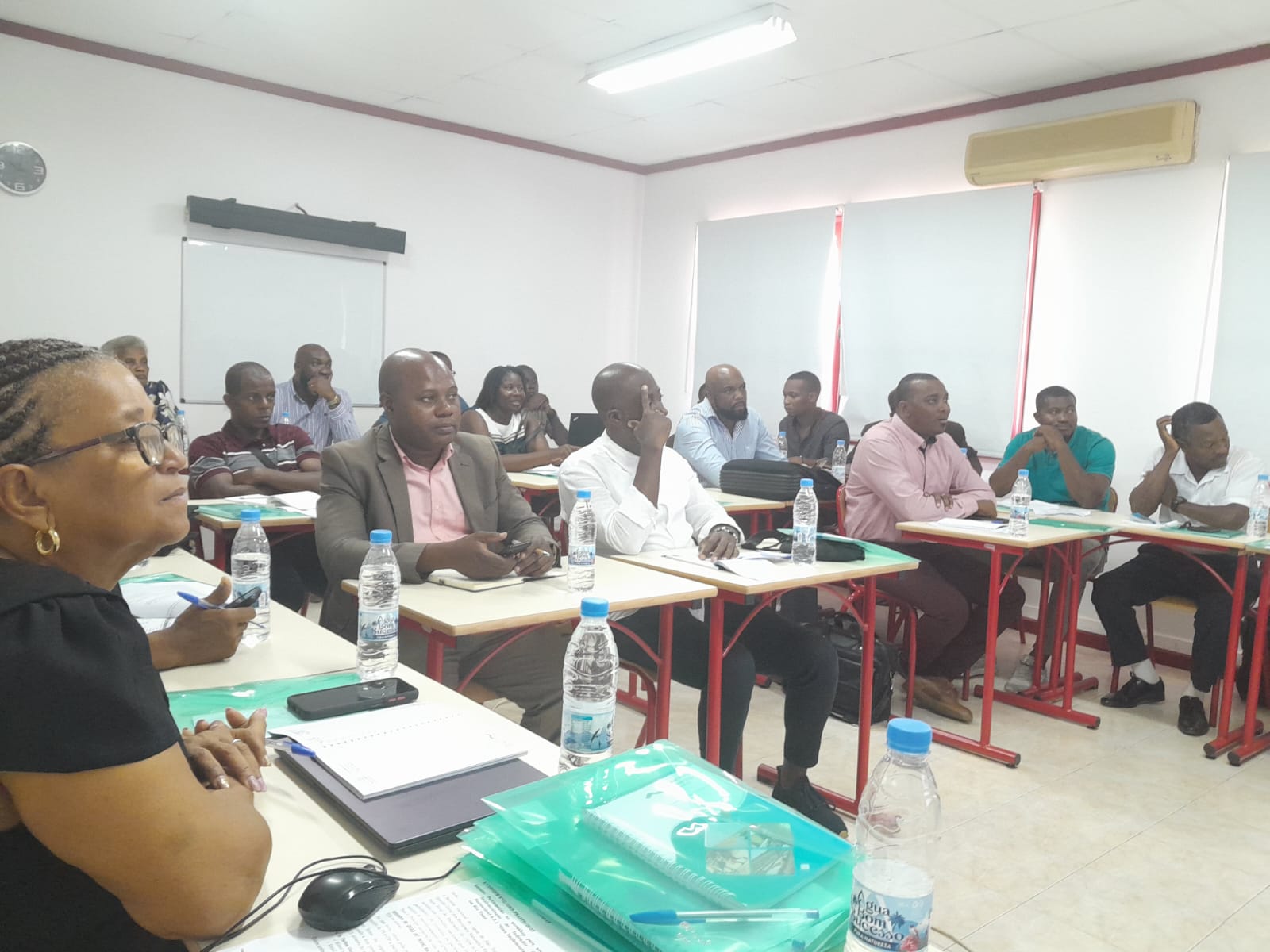
Based on the conclusions of the workshop, the “enabling environment” section of the questionnaire scored highest at 60%, and finance remains a challenge with the lowest score of 34%. Overall, the country made progress in the IWRM implementation, going from a score of 33% in 2020 to 44% in 2023. This 11% increase moves the country from the “low” to “medium-low” IWRM implementation category.
The Republic of Gabon
Though not a member of the GWP-Central Africa network, the Ministry of Energy and Water Resources in Gabon received technical and financial support from GWP in the 3rd round of reporting on SDG 6.5.1. Upon completion of the data collection process, the national workshop to validate the report was held on October 4th, 2023, in Libreville with about twenty representatives from relevant sectors.
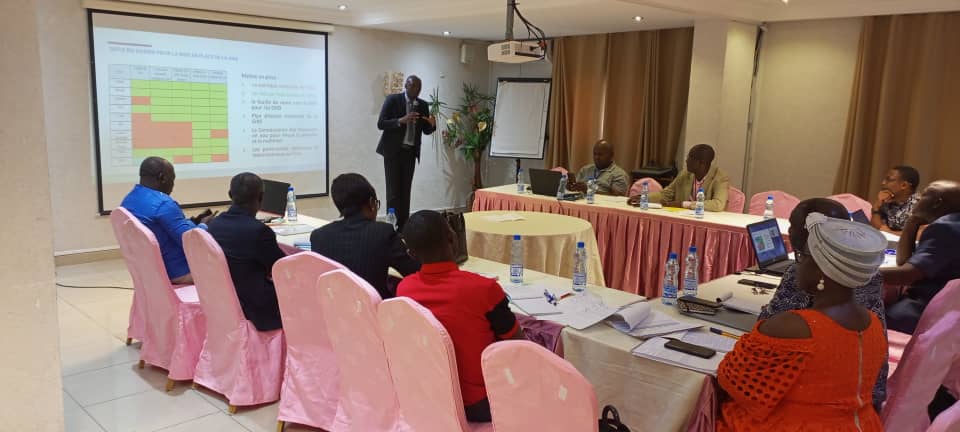
The validated report reveals a level of progress that raises Gabon's overall score from 29% (2020 baseline survey) to 33% (2023). This score reflects a “medium-low” level of IWRM implementation in the country.
The Republic of Congo
With the support of the GWP-Congo, the country completed the evaluation of SDG 6.5.1 in October.
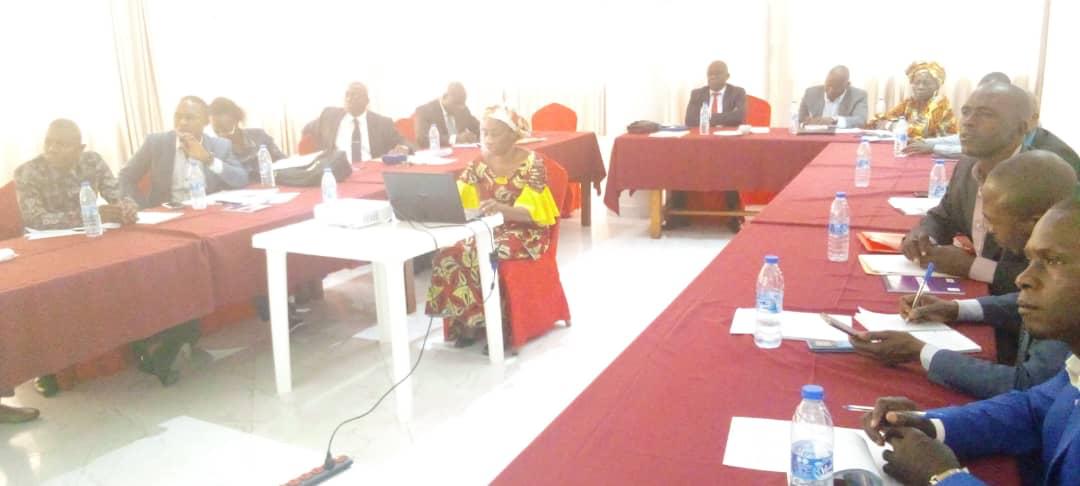
The country registered a 5% increase in the overall baseline score, marking progress from 43% (2020 baseline survey) to 48%. With this, the country’s 2020 “medium-low” implementation status remains the same. Finance is the lowest with a 38% score, and Enabling Environment is the highest with a 53% score.
Cameroon
Cameroon's IWRM implementation score has increased from 40% in 2020 to 49% in 2023. The reporting process was led by the Ministry of Water Resources and Energy through a designated task force and facilitator. The country maintains its "medium-low" status but is on track to change this status in 2026.
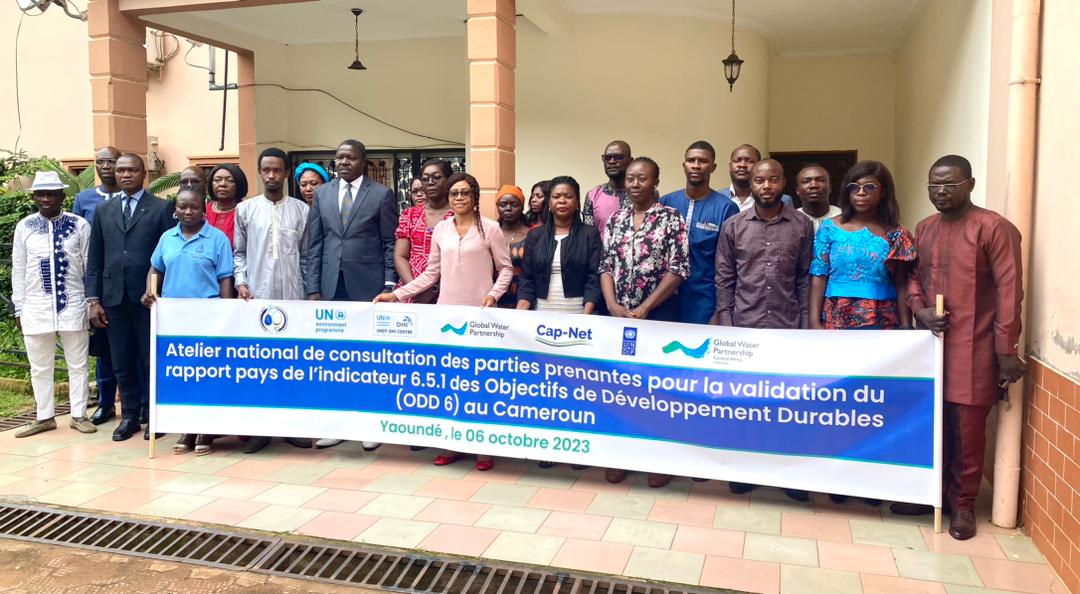
The “Institution and Participation” section got the highest score of 65%, while finance remained the lowest with an overall score of 40%.
Central African Republic
The Central African Republic recorded an increase in the IWRM baseline score from 37% (2020) to 44% in 2023, with the enabling environment section scoring highest and finance lowest with a 30% score.
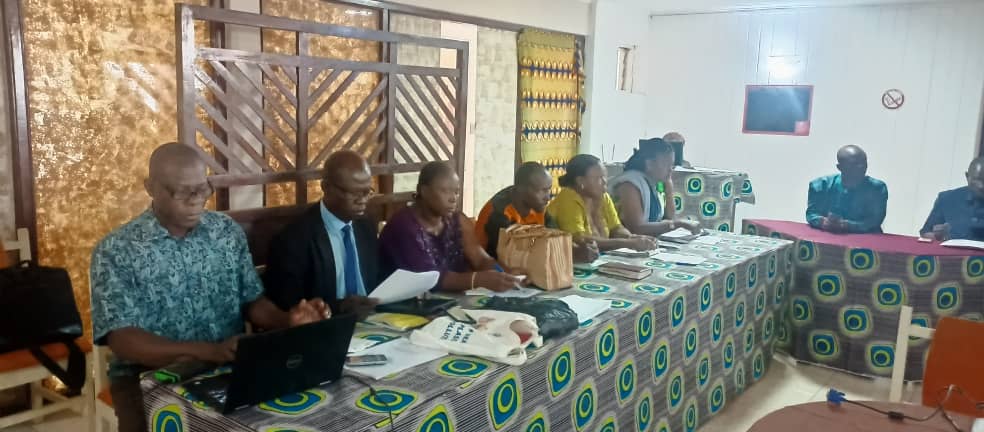
The level of IWRM implementation in the country still stands at “medium-low.”
Chad
The “Management Instrument” section earned the highest score of 44%, while “Finance” was scored lowest at 30%.
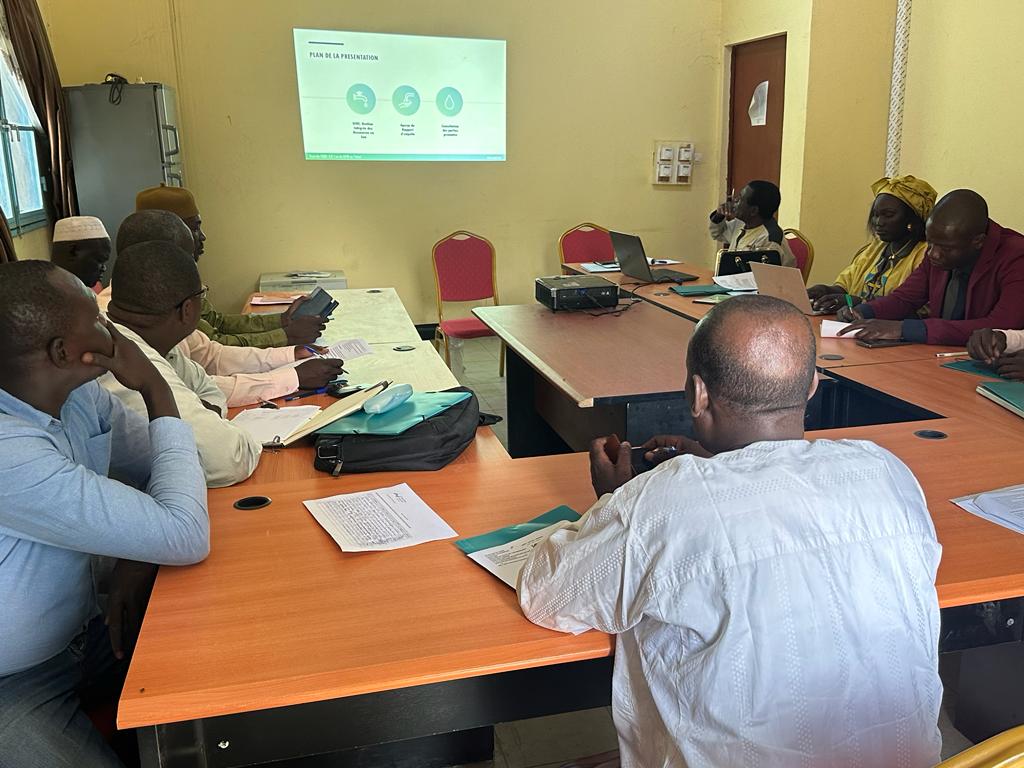
The country’s IWRM implementation score is recorded at 38% in 2023, marking only a 1% increase in 2023, maintaining the country's “Medium-Low” classification.
The universal IWRM implementation level in the 3rd round of reporting on SDG 6.5.1 for all six countries stands at "medium-low." According to the interpretation of the IWRM Score, this indicates that elements of the IWRM are generally institutionalized, and implementation (though slow) is underway in these countries. Finance remains a universal challenge for all countries, the same as in 2020 during the 2nd round of reporting. Based on this assessment, most of the countries are not optimistic about achieving the required SDG 6.5.1 score by 2030. They are, however, determined to follow up on recommendations to ensure that key documents on IWRM are updated, validated, and implemented, as this may greatly influence the next reporting period in 2026 and eventually improve the chances of achieving SDG 6 by 2030.
N.B These scores have not yet been validated by UNEP. Quality control by UNEP on all country SDG 6.5.1 questionnaires is still ongoing.
